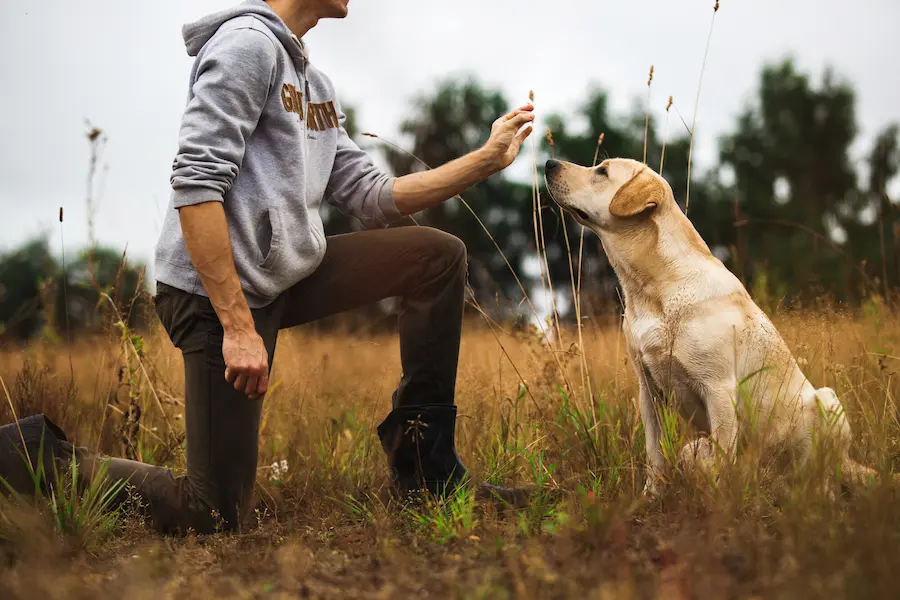Older dogs are more prone to health issues and diseases. Some of these issues can even be fatal. Dogs do not live as long as humans and can pass away much younger than we can.
They are unfazed by conditions such as heart disease that would have us lay in bed for days, but it does not mean that they should not receive the same medical checks and tests we do when there are signs of a problem.
It would help if you altered things such as dog food as they age, and by understanding these dog pet health tips, you can ensure that your older dog stays healthy and happy.
But how do you recognize these signs? And how do such dogs need their caregiving to differ? We answer these questions below.
Table of Contents
1. Regular Vet Checkups
Regular checkups enable the vet to evaluate your dog’s overall health and identify any potential health issues or early signs of disease. With regular vet visits, your veterinarian can recommend treatments, lifestyle changes, diet changes, and medications to keep your pet healthy.
Additionally, it allows the veterinarian to track your pet’s health over time to detect changes better. Your vet can guide your dog’s care, diet, and any other special needs associated with aging. Discover more here for the proper check up a schedule for your dog.
2. Proper Nutrition
The caloric needs of older dogs start to decline, so you must take special care to adjust your food choices. You should choose a high-quality dog food with lower fat, higher fiber, and appropriate levels of vitamins and minerals, supplements, and antioxidants. Careful attention should also be given to sodium, sugar, and saturated fat levels to prevent obesity.
For digestive issues, food options should also include probiotics, prebiotics, and omega-3 fatty acids. Also, talk to your veterinarian about any other dietary needs for your older dog.
3. Exercise
Without exercise, an older dog’s joints become stiff, and they can become lethargic and depressed. Regular walks, swimming, chasing a ball, or other activities that keep the dog active can have many physical, mental, and emotional benefits.
Exercise can help strengthen muscles and bones to help a senior dog remain healthy, limber, and agile for years. It can also help reduce high blood pressure and improve cardiovascular health.
4. Dental Care
Dental care is an important aspect of dog health tips for older dogs. It would be best to inspect the teeth and gums regularly to look for problems such as gingivitis, tooth decay, gum disease, cracked teeth, and infections. Routine tooth brushing, as well as a dog-friendly diet, can be beneficial in preventing dental disease and reducing plaque buildup on the teeth and gums.
5. Mental Stimulation
Age can affect not just a pet’s physical health but their mental health too. Mental stimulation helps keep their brain active and healthy.
Keeping their minds active can reduce boredom and help them focus on new tasks and commands. This can mean something as simple as ensuring they get plenty of breaks throughout the day, introducing new toys, and challenging them with new activities like agility training or other playful activities with their owner.
Remember These Pet Health Tips
Older dogs need extra care and attention to keep them healthy. Following these pet health tips will make your pet happy and healthy for years to come.
Realize the rewards of pet ownership, and take your health responsibilities seriously. Your pup deserves the best care you can give them.
Was this article helpful to you? If so, make sure to check out our blog for more useful information and resources.

